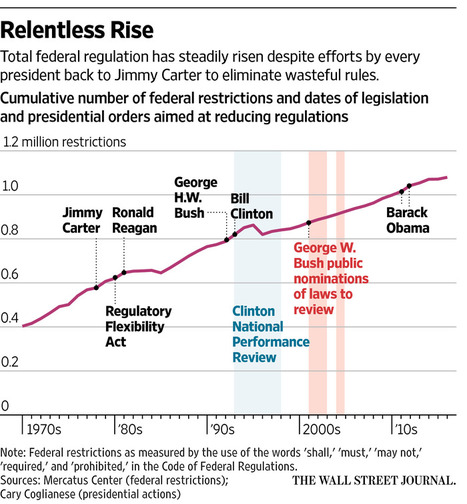(p. B1) As the economy has shifted from one that primarily produced things — refrigerators and cars, guns and shoes — to one that now deals largely in services and information, economists have grown more and more skeptical that the traditional measure of gross domestic product — the nation’s total output — is accurately capturing much of the economy’s innovation and improvements.
“I think the official data on real growth substantially underestimates the rate of growth,” said Martin Feldstein, an economist at Harvard.
. . .
(p. B2) Mr. Feldstein likes to illustrate his argument about G.D.P. by referring to the widespread use of statins, the cholesterol drugs that have reduced deaths from heart attacks. Between 2000 and 2007, he noted, the death rate from heart disease among those over 65 fell by one-third.
“This was a remarkable contribution to the public’s well-being over a relatively short number of years, and yet this part of the contribution of the new product is not reflected in real output or real growth of G.D.P.,” he said. He estimates — without hard evidence, he is careful to point out — that growth is understated by 2 percent or more a year.
. . .
For Mr. Feldstein, it is misleading measurements that are contributing to a public perception that real incomes — particularly for the middle class — aren’t rising very much. That, he said, “reduces people’s faith in the political and economic system.”
“I think it creates pessimism and a distrust of government,” leading Americans to worry that “their children are going to be stuck and won’t be able to enjoy upward mobility,” he said. “I think it’s important to understand this.”
For the full story, see:
PATRICIA COHEN. “Is the Slogging Economy Blazing? Growth Our Old Gauge Can’t See.” The New York Times (Tues., FEB. 7, 2017): B1-B2.
(Note: ellipses added.)
(Note: the online version of the article has the date FEB. 6, 2017, and has the title “The Economic Growth That Experts Can’t Count.”)


